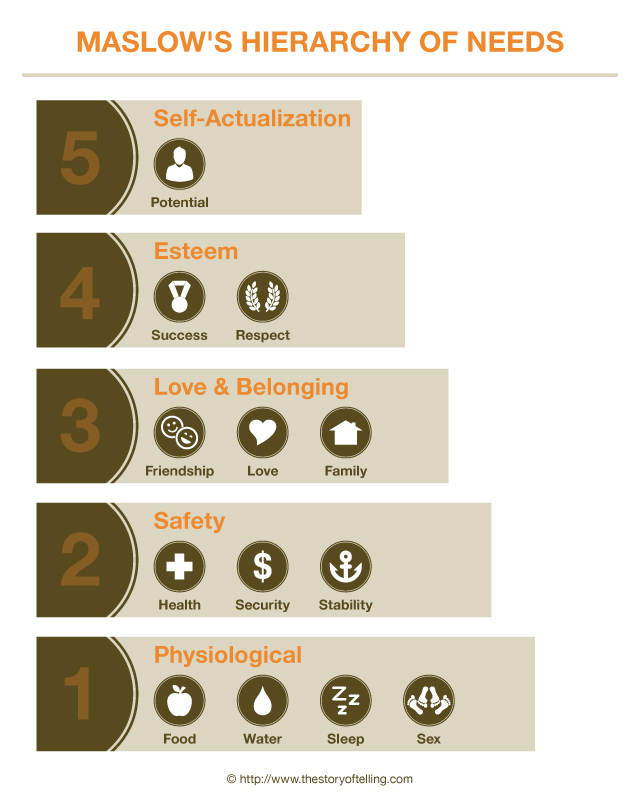Unlock the Magic in Your Story Now
Get the Free 20 questions to Ask Before Launching Your Idea workbook when you sign up for occasional updates.
Get the Free 20 questions to Ask Before Launching Your Idea workbook when you sign up for occasional updates.
July 9, 2014
Are You Using Soft Data To Create Value?
filed in Marketing, Storytelling, Strategy
 It seems like a no brainer to suppose that local businesses like a cafes, dry cleaners or dental surgeries—the kinds of businesses that serve the same customers week in week out, where the staff have the opportunity to look their customers in the eye, would take advantage of the fact that they look their customers in the eye.
It seems like a no brainer to suppose that local businesses like a cafes, dry cleaners or dental surgeries—the kinds of businesses that serve the same customers week in week out, where the staff have the opportunity to look their customers in the eye, would take advantage of the fact that they look their customers in the eye.
Bricks and mortar businesses have the advantage of intimacy, unlike online businesses, that must collect a ton of (often valuable) hard data to learn more about their customers and how to give them what they want. Digital businesses need to use hard data in an attempt to replicate that intimacy. But the waiter sees the wrinkled nose, the barista remembers the regular, the dentist hears the stories that inputs from the keyboard can never fully communicate.
There is a lot of talk about how responsive organisations are winning in today’s new economy, a world where people expect levels of service, personalisation and relevance that were devalued and lost to them in a top down industrial economy. We hear about the winners who are positioned to take all, the AirBnbs, the Ubers, the Amazons, digital behemoths who are leveraging hard data to create platforms that connect us to our wants and to each other. And yet, the opportunity to create value from the soft data we collect every day in the form of feedback, stories and gestures from loyal customers remains largely untapped in a world that’s focused on taking advantage of hard data.
The job of every single business on the planet is to do just one thing—to make people happy. When you find ways to do that then you win.
Once our basic needs are taken care of the thing that we want most as humans is to be seen, as Maslow’s hierarchy of needs illustrates.
As the structure and social fabrics of our towns and cities changes there is a huge opportunity for local businesses to fill some of that void. Velo Cult a bicycle shop cum community hub in Portland, is one example of how it can be done.
Instead of simply trying to get the order processed or the sale over the line, we could be looking for opportunities to connect with how people feel and to understand what matters to them. Making sense of the information our customers give us—the data, then doing something that creates value with what we make of it, is where the potential is, not in the raw data itself. What could be more valuable to our businesses than taking what we know about people and using it to improve how we serve them?
Image by David Wright.